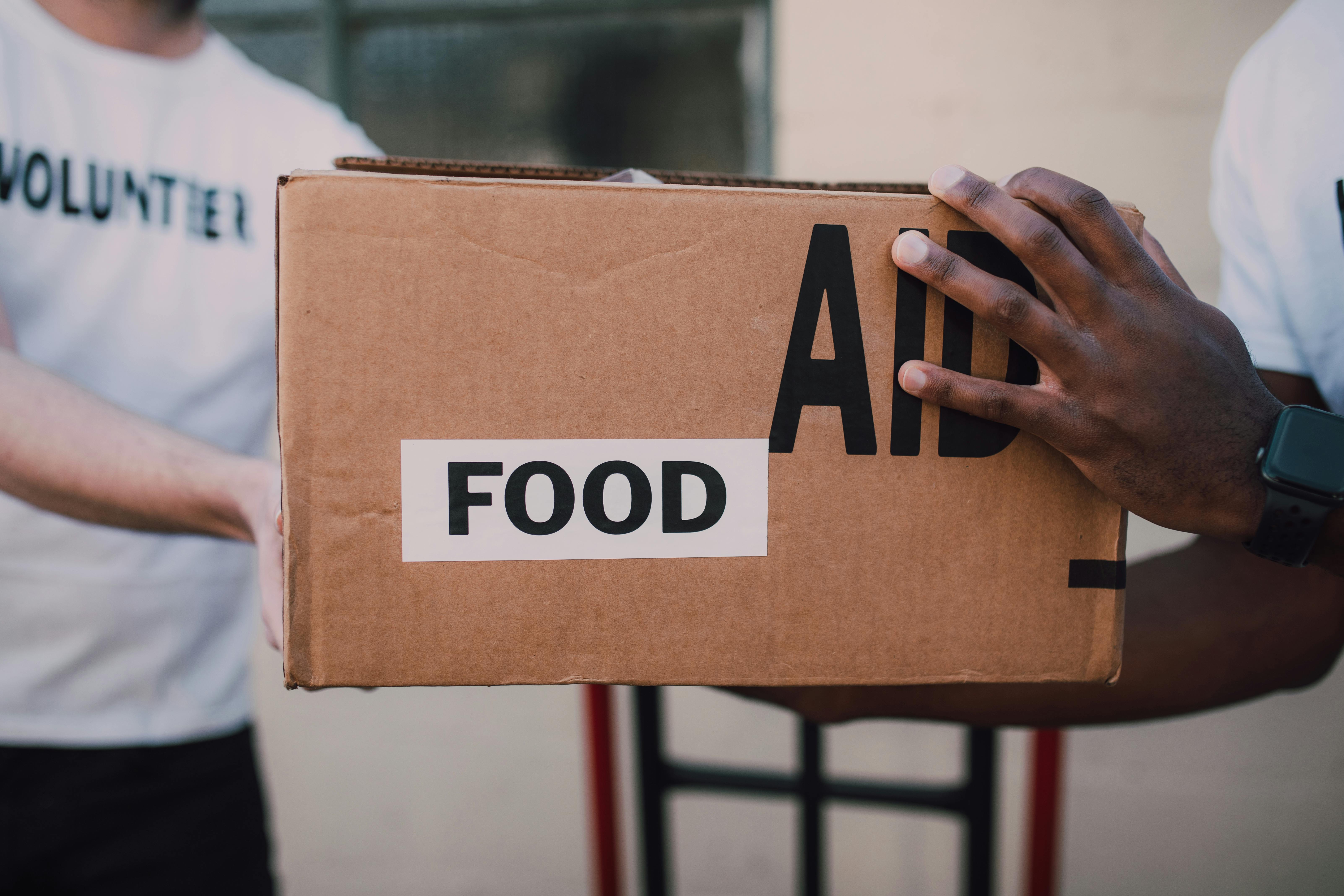“During this time some prophets came down from Jerusalem to Antioch. One of them, named Agabus, stood up and through the Spirit predicted that a severe famine would spread over the entire Roman world. (This happened during the reign of Claudius.) The disciples, as each one was able, decided to provide help for the brothers and sisters living in Judea. This they did, sending their gift to the elders by Barnabas and Saul.” (Acts 11:27-30 NIV)
There is so much we can see from this brief glimpse into the lives of the Christians in the first century. This takes place around ten years after the day of Pentecost. For the first ten years the good news of Jesus was proclaimed exclusively to Jews. When the Holy Spirit sent Peter to talk to Cornelius and many Gentiles became Christians, the door opened for all people everywhere to be taught about Jesus and become his followers. A large group of Christians were then found in Antioch, the third largest city of the Roman Empire. Barnabas worked there for over a year, with Saul helping him.
From this brief snapshot we see that the Christians of the time knew each other. There was a connection between the Christians in Jerusalem and those in Antioch. Initially those in Jerusalem had sent Barnabas to Antioch to help in teaching. This seemed to establish a close relationship between the Christians in both places, even though they were 300 miles from each other. Even today this would be a distance but when you consider that they did not have modern ways of travel nor instant means of communication, even sending a message could take well over a few weeks if someone happened to be travelling that way.
Prophets from the Christians in Jerusalem arrived in Antioch with the message that a severe famine was coming over the Roman world. When they learned this, it seems the first things those in Antioch thought about was: “how can we help?” They didn’t think of themselves but those far away in Jerusalem. Historically this happened about six or seven years later, and is confirmed by the historians of the time, including Josephus, Tacitus, and Suetonius. They recorded that Judea, in particular, was severely affected. But notice this: even though the famine was in the future they didn’t wait but immediately gathered together a gift to send, delivering it by Barnabas and Saul to the elders in Jerusalem.
We also see that they each felt a personal responsibility. It wasn’t “what can the congregation do?” but “what can I do?” Luke recorded, “The disciples, as each one was able, decided to provide help for the brothers and sisters living in Judea.”
We see the same thing happening later by Christians who even lived further away. Paul wrote about a collection of funds he was organising to help Christians in Judea. He wrote to Christians in Corinth about it, emphasising some principles of the generosity we should have as Christians.
“At the present time your plenty will supply what they need, so that in turn their plenty will supply what you need…This service that you perform is not only supplying the needs of the Lord’s people but is also overflowing in many expressions of thanks to God. Because of the service by which you have proved yourselves, others will praise God for the obedience that accompanies your confession of the gospel of Christ, and for your generosity in sharing with them and with everyone else.” (2 Corinthians 8:14; 9:12-13)
When I read about the concern and close ties the Christians in the first century had, I can’t help but wonder about Christians today. Do we feel the same concern when we read about Christians near us or in other areas of the world? Do we consider what we can individually do or see it as something that doesn’t concern us? We often talk about getting back to first century Christianity – this would include being as generous as they were.
This is definitely something we need to think about!
Image by rdne stock project from pexels.com. Free for use.
Readings for next week: Acts 8-12
- Growing in faith despite difficult circumstances - 2026-01-16
- God’s temple - 2026-01-09
- Do we accept or reject Jesus? - 2026-01-02
